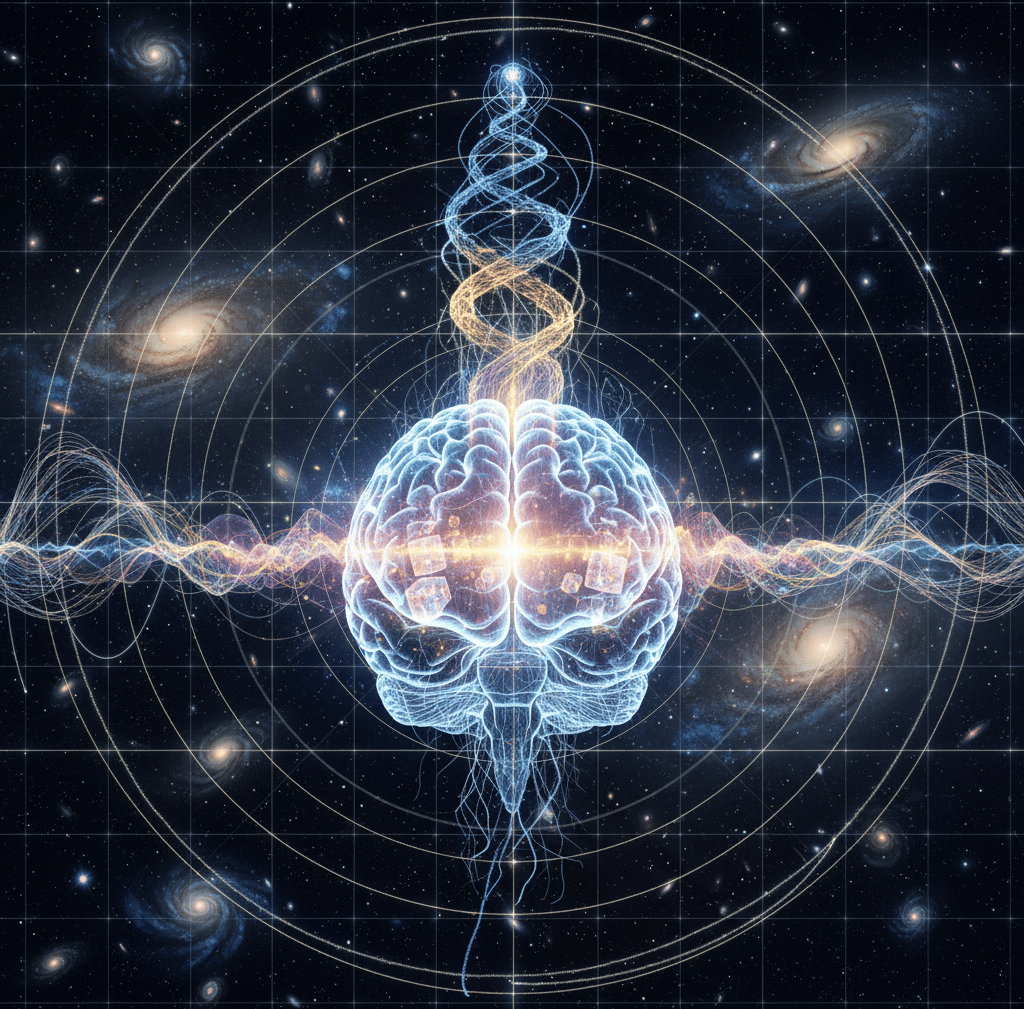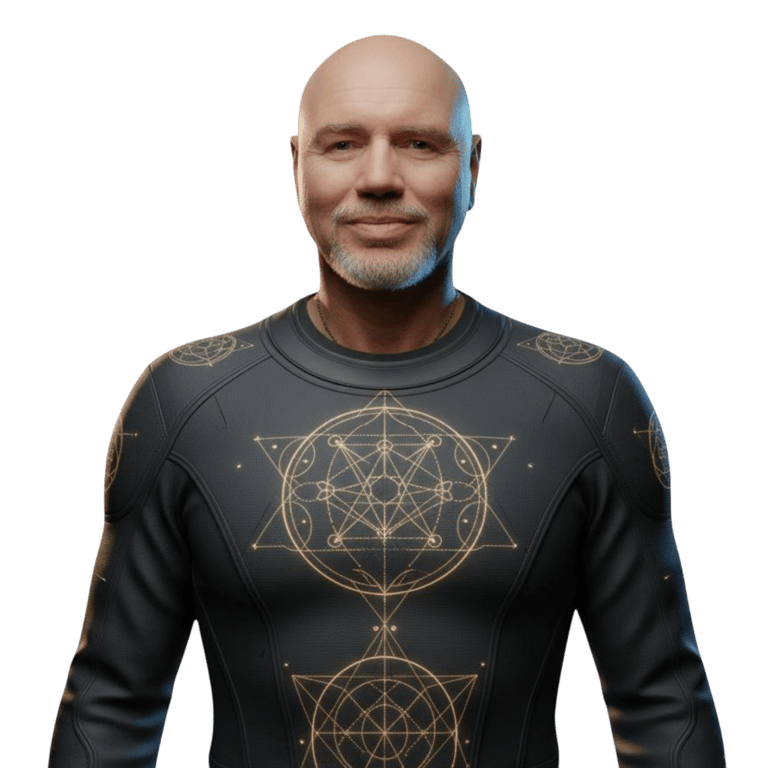The Memory Field: Could Your Memories Be Stored in the Fabric of Space Itself?
What if everything you've ever experienced isn't locked away inside your brain, but rather woven into the very structure of the universe? Recent explorations in quantum biology are challenging everything we thought we knew about memory storage, and the implications are staggering.
MINDFULNESS - SOUNDSPIRITUAL AWARENESSHUMAN ORIGINS?
Nigel John Farmer
11/14/20252 min read


The Hyperthymesia Paradox
Consider people with hyperthymesia -- a rare condition where individuals remember virtually every day of their lives in extraordinary detail. Ask them about a random date decades ago, and they'll describe the weather, their clothing choices, conversations, even fleeting emotions. It's like having a perfect recording of an entire lifetime.
Here's where things get interesting: the human brain contains approximately 1 petabyte of storage capacity. To put that in perspective, that's only enough space for roughly 15.5 days of uncompressed 4K video. Yet people with hyperthymesia recall 60 years or more of daily memories -- representing around 1,000 petabytes of information.
The maths simply doesn't add up. So where do these memories actually live?
A Radical Hypothesis
Researchers at organisations like ISF are exploring an extraordinary possibility that upends traditional neuroscience. Rather than memories being "files" stored in neural tissue, what if experiences leave distinctive patterns in spacetime itself? In this model, your brain doesn't function like a hard drive. Instead, it acts more like a sophisticated radio receiver.
The hypothesis suggests three revolutionary components:
First, every experience you have creates a unique pattern in the fabric of space itself. These patterns persist beyond the moment they were created, embedded in the quantum structure of reality.
Second, subcellular structures within your neurons -- potentially quantum-level components like microtubules -- function as resonant dials. They tune into specific frequencies or patterns in spacetime, much like a radio dial finds particular stations.
Third, synapses don't store memories themselves. Rather, they help your brain locate and access the correct "broadcast" from the spacetime field. They're the addressing system that allows you to retrieve specific memories on demand.
How Quantum Biology Changes Everything
This quantum biological model solves several puzzling aspects of human memory. It explains why memories can be so vivid yet take up no measurable space in brain tissue. It accounts for phenomena like recovered memories and the way certain triggers can unlock seemingly forgotten experiences. It even offers insights into why memories can be shared or influenced through collective experiences.
The model suggests that when you recall a memory, you're not pulling up a file from biological storage. You're re-tuning your neural structures to resonate with patterns that exist in the quantum field around you. Your brain becomes an antenna, not a repository.
Implications for Consciousness and Reality
If memories exist in spacetime itself, the implications extend far beyond neuroscience. This concept suggests a fundamental interconnection between consciousness and the physical universe. It implies that information isn't just processed by biological systems -- it's woven into reality's deepest structure.
This framework might explain intuition, déjà vu, and even the strange sensation that certain places "feel" different. If experiences leave persistent patterns in space, perhaps we're unconsciously detecting residual information from events that occurred in specific locations.
The Future of Memory Research
While these ideas remain theoretical, they're opening new avenues for research into consciousness, quantum physics, and the nature of information itself. They challenge us to reconsider not just where memories live, but what memory fundamentally is.
Perhaps your experiences aren't locked inside your skull at all. Perhaps they're part of a vast informational tapestry that exists all around us, and your brain is simply the instrument that allows you to access your particular thread of that universal fabric.
The universe, it seems, might have a far better memory than we ever imagined.
Nigel John Farmer

© 2023 ~ 2024~2025 MeditatingAstronaut.com -
All Rights Reserved Worldwide
website by Meditating Astronaut Publishing
